Required
Most Read Articles of the Year – Dan Regan Hypnotherapy in Ely & Newmarket
Most Read Hypnotherapy Articles of the Year – Dan Regan Hypnotherapy in Ely & Newmarket
Today I’m sharing my most read hypnotherapy articles of the year with you.
Phew! It’s been another busy and engaging year and it seems like so long ago since the start of the year (and the third Covid-19 lockdown).
Covid-19 and its impacts have continued to rise, diminish and lurk around over the year. Yet it has still been another year helping many people to overcome anxiety, end phobias, build confidence and self-esteem, quit smoking, lose weight and with many other issues that were getting in the way of their happiness. Thank you to everyone who has worked with me this year, those of you who have bought one of my powerful hypnosis audios and to everyone who has recommended me to others and left a kind review of our sessions together.
I always like to do a little personal review of the year in my head and to think back on some of the highlights of the year. I’ve really enjoyed meeting and working with so many people this year (face to face and online) and it makes my day whenever I hear how well you are doing (and it makes my week when you leave a positive review!). I’ve also been in the studio a number of times so that I can now help you with a wider range of hypnosis downloads, and I’m honoured to be a finalist in the Ely Business Awards.
Outside work, the kids are continuing to grow and to occupy my time and thoughts (usually in good ways!!); I’ve been continuing to practice the guitar (and can now play a few tunes recognisably!); and my exercise has continued to ensure that there is always some part of my muscle that aches.
I’ll be off for a short break with the family over the festive period (I’ll still reply to emails although may be a little slower than usual so please bear with me).
As part of my review of the year, I’ve brought together a treasure trove of my most read hypnotherapy articles from the past twelve months (just a snippet of what’s available on my website blog pages).
There’s a lot of things included here that can help you with issues, such as reducing negative thoughts and feelings from things like anxiety, stress and distress. And there are also many strategies and techniques for helping with sports psychology and for increasing confidence, resilience and well-being. In most cases there is evidence and research to support them which you can find over in the full article using the links (more and more we are able to call upon evidence based practice to help with aspects of mental health and psychology).
I hope you enjoy reading these articles as much as I’ve enjoyed researching and writing them. So whether you’re visiting these articles for the first time today, or revisiting them and reminding yourself of how to boost your mental health, I hope you find something you enjoy that helps you and that you can take away to help you have a wonderful 2022, and even more, to make progress towards being the best version of yourself that you wish to be and can be. Do enjoy my most read hypnotherapy articles of the year…
Happy New Year!
Most Read Hypnotherapy Articles
In case you missed them first time around, or if you want to revisit them and remind yourself how you can increase confidence and reduce anxiety, here are my top ten most read articles from 2021:
10. Your Confident Self: Increasing Confidence, Self-Esteem and Self-Belief
In this article, I talk about increasing your confidence, self-esteem and self-belief.
Many people I help struggle to have faith in their abilities and in who and how they are. They think they aren’t good enough or worthy in some way. They think they don’t deserve to be happy or to succeed. They dwell on mistakes and failures and things that didn’t go well and convince themselves it will always be like that. Their confidence, self-esteem and self-belief isn’t where it needs to be, should be or could be.
Your self-image, confidence and self-esteem will be shaped, formed and influenced by life experiences, people, places and a whole range of other factors. But of course your self-confidence and self-esteem are ultimately down to the thoughts, feelings, behaviours and beliefs you have about yourself, your own self-perception and view of yourself. And whilst your confidence and self-esteem may not be where you want them to be, it is definitely possible to grow in confidence, to have faith in yourself, to feel good being you, to back yourself and believe in yourself and to feel comfortable in your own skin.
Your self image and perception, confidence and anxiety levels are all based upon the thought processes, beliefs, expectations, mental imagery and self-talk that habitually happen inside of your mind. And it is very possible to influence, alter and change those things that are holding you back so that the end result is that you feel good, have robust self-belief, strong self-confidence, feel more capable and know you can do it.
There’s more on this in the article itself, which you can find here: Your Confident Self: Increasing Confidence, Self-Esteem and Self-Belief
9. Running Hypnosis: Run Faster By Unleashing Your Inner Cheetah
I did a lot of running in the first half of the year, before a pesky injury knocked me out for a bit. And in this ninth most read article of the year, I cover a sports psychology strategy involving mental imagery that has been used by a world champion.
It’s a strategy I’ve used myself when I need a hard, fast burst, like when we run short sprints at bootcamp and there’s an element of focus and competition. If you want to run to the best of your ability and perform as well as you can then, as well as taking care of the physical aspects of running and training, you also need to work on the mindset and psychological side to achieve your best.
Learning from world champions and those at the top of their game always demonstrates the importance of psychology and your mindset in producing the best performances you are capable of. Most runners I know spend a lot of time on the physical aspects (like actual training, stretching and so forth), and even spend a lot of time on selecting the right kit (who doesn’t love a running gadget) but, the amount of time spent on developing mindset and the psychological aspects of running, training and competing often get overlooked (even though every successful runner and sports person describes the importance of mindset).
All runners can improve running performance and gain from developing the successful psychological strategies for peak performance. And that means, whatever you current running level, there is scope for you to get better and faster by deliberate practice and focus.
In the article I cover more on running psychology and a neat way of using your mental imagery to unleash your inner cheetah and run faster: Running Hypnosis: Run Faster By Unleashing Your Inner Cheetah
8. Running Psychology: Strategies In The Hour Before Running
Continuing with the theme of running psychology, here I’m looking at the strategies in the hour before running (racing or training runs).
I remember when I first started entering a few local, mainly 10km races. I had little idea of what to expect and used to just hang around somewhere near the start and try to copy some of the warm up routines and strategies from other runners who looked like they knew what they were doing (with no clue whether they would be helpful to me).
At any race you can see runners getting ready, some pacing about and others still and composed, some seek company and others prefer solitude, some look lost in thought and others are busy doing warm up exercises. So what sort of strategies do runners employ before training and competition?
Runners can experience all kinds of emotions before racing or training. There can be emotions such as excitement, joy, anger, dejection and anxiety before running. Any of these emotions can be potentially beneficial or destructive towards how you run. Given the range of emotions that can be experienced before a run, and the potential impact of these upon performance, it’s no surprise to learn that many runners use strategies to manage how they feel prior to running.
I cover these strategies (which you may want to try out yourself), as well as a straightforward way to incorporate several of them to help you get mentally ready to run well in this article: Running Psychology: Strategies In The Hour Before Running
7. Mindfulness For Anxiety, Stress and Promoting Mental Health
Mindfulness for anxiety, stress and other mental health issues has grown as a therapeutic approach and self-help technique over recent years. I’ve incorporated some beneficial aspects of mindfulness into several aspects of my work.
Anxiety levels have been rising in the UK for many years so there is an ongoing need to understand and help people to use effective, scientifically supported, treatments. So in this article I took a look at some of the recent evidence about mindfulness for anxiety, stress and for your mental health.
Research suggests that mindfulness can help you with anxiety and stress, and it’s certainly worth incorporating it alongside other actions you may be taking to support your mental health. We also know that hypnosis has strong scientific evidence to support its effectiveness and in this article I also cover the evidence that suggests that, when it comes to reducing your anxiety and stress, it makes sense to combine mindfulness with hypnotherapy to increase the likelihood that you will enjoy more positive results: Mindfulness For Anxiety, Stress and Promoting Mental Health
6. Positive Imagery Relaxation For Anxiety and Stress Relief
We know that taking the time to relax and to feel mentally and physically calm helps with anxiety and stress relief. But with the busy lives we all live, where there’s always something else that needs doing and where we can feel mentally busy and switched on from the moment we wake, it can be hard to find (and invest in) the time to switch off and relax for our own well-being. Yet whether you want to combat anxiety and stress, curb overthinking, sleep better, perform better cognitively or just feel better physically and mentally, then taking time to relax is important. Yet it often seems like the thing on your to do list that you never get to and that gets sacrificed for other things.
Now, many people with elevated anxiety and stress levels tell me they struggle to relax, which generally supports the notion that it is something we should all be regularly doing proactively too. Yet being able to relax well is a skill that you get better at through deliberate practice. So whatever your starting point, you will get better at being mentally calm and physically relaxed and those positive benefits will reverberate into every aspect of your life.
There are many physical and mental health benefits that come from relaxation. Being able to relax effectively can help you to lessen negative feelings, like stress and anxiety. It can interrupt intrusive thoughts and any overthinking. It can clear your mind, release any physical tension and improve your sense of well-being.
And in this article I cover a positive imagery based technique that can help you to get all the mental health and physical benefits from relaxing well: Positive Imagery Relaxation For Anxiety and Stress Relief
And just like that we are into the top five most popular blogs of the year on this website…
5. Three Good Things: Positive Psychology To Enhance Your Well-Being And Mental Health
One of the tasks I often set my clients is to spend a minute or so at the end of each day thinking back on three good things, or positive things, from that day. With anxiety, depression, stress, worry or overthinking the tendency is to spend more and more time thinking about negative or bad things or the kind of things that made you feel anxious, low or down in some way. This, naturally, makes you feel more tense and anxious and leads to your imagination filling with more and more unwanted thinking and negative worst case scenarios.
Thinking about three positive things starts to counter that by deliberate and conscious focus on things that are going right. In conjunction with our hypnotherapy sessions, it starts to shift thoughts and feelings more towards how someone wants them to be.
And, what’s more, there is a lot of evidence supporting this psychological technique. Consistently adopting the three good things practice can promote your well-being, increase positive emotions and happiness, lessen negative emotions and support your resilience. As I’ll cover in the article, this gratitude activity really does have positive psychological benefits for you.
There’s a wealth of scientific research that supports the benefits of practising gratitude for promoting your well-being and mental health. Gratitude has been positively correlated with several aspects of well-being and mental health, including life satisfaction, happiness, optimism and positivity. Gratitude also significantly predicts less depression and anxiety symptoms.
And it’s also clear from the evidence, that the three things intervention can help you to boost your well-being, add to feeling more positive, experience lessened negative emotions and develop resilience to handle and cope with challenges. There’s much more on the evidence and how to boost your psychological well-being over in the article itself: Three Good Things: Positive Psychology To Enhance Your Well-Being And Mental Health
4. Could Horror Films Make You More Psychologically Resilient To The Covid-19 Pandemic?
Out of all the mass of research into the mental health impact of the Covid-19 pandemic, this one at first glance appeared to be something a little bit quirkier. Could horror films help you to be more psychologically resilient to the pandemic?
Watching horror films and those that portray other frightening, threatening or dangerous situations (such as zombie films, apocalyptic or alien invasion movies) involves intentionally exposing yourself to, and engaging in, fearful simulated situations and experiences. So can watching these sorts of films bring you psychological benefits and increased resilience when faced with real world threatening experiences (such as the Covid-19 pandemic)?
Well, to find out whether watching these types of movies translates to having coping skills for real world situations head over to the article here (where I also talk about resilience and reducing stress and anxiety): Could Horror Films Make You More Psychologically Resilient To The Covid-19 Pandemic?
Incidentally, after I shared the link to this blog on Twitter, the author of the research paper tweeted that my article was one of the better ones he’d read about his work (which I guess could mean that my blog is pretty good, or it could mean that everyone else’s published stuff was just way, way worse!!!).
3. Effectiveness of Online Hypnotherapy – Dan Regan Hypnotherapy Zoom and Skype
With all of the Covid-19 lockdowns and restrictions we’ve all encountered, online working has become a lot more normal and routine for us all. I’ve always worked via Skype and then Zoom with my clients who are unable to travel or who live too far away (or in another country) to come for face to face sessions. And with the impacts of Covid-19, zoom hypnotherapy sessions have meant that anyone who needs my help can still work with me, and it has allowed more flexibility to those who can’t physically get to me for some reason.
One of the first things people usually ask me when considering online hypnotherapy is whether it as effective as face to face hypnotherapy. In my experience it certainly is and this year I’ve been helping people with many issues, such as anxiety, fear, confidence. self-esteem and weight loss via zoom hypnotherapy sessions.
There is plenty of research supporting the effectiveness of online hypnotherapy. As long as both you and your therapist have a positive attitude towards using technology then you can work well together and get great therapeutic results. The research has shown that online hypnotherapy and face to face hypnotherapy are pretty much equally effective. There’s more on the research here: The Effectiveness of Online Hypnotherapy: Skype and Zoom Hypnotherapy Sessions and my vlog version is the third most read article of the year: Effectiveness of Online Hypnotherapy – Dan Regan Hypnotherapy Zoom and Skype
2. Reappraising Negative Emotional Memories: How To Reduce Distress From Past Events
My second most read blog of 2021 provides you with an evidence based way to reflect on your own capabilities, to boost your self-efficacy and resilience, and to reduce distress on negative emotional memories.
Life can throw all sorts of challenges and problems our way. Sometimes it can feel like we are hurtling from one problem to another, and at other times, just as it seems everything is settled, something else crops up to occupy us. Perhaps the only certainty is that we will face problems and challenges as we navigate our way through life.
To help us face life’s challenges, we can develop our confidence and self-esteem, our resilience, positivity, optimism and ability to be in control over our thoughts and feelings. We can get better at problem solving, at letting go of things we can’t control and at how quickly and effectively we recover and move on from stressful events we encounter.
Often we move on from these challenges over time, and the emotions attached to them fade and weaken. Time can lessen the initial emotional impact; we make sense of what happened, we find solutions and plenty of other things come along to occupy our attention. And there are plenty of therapeutic strategies and techniques that can help to lessen emotions on past events and to help you feel better when you think back, and as you progress forwards.
The research I discuss in this article looked into how people can strengthen their psychological resilience when facing adversity through recalling memories of self-efficacy.
Self-efficacy is your belief in your own ability to influence the events that affect your life, and as such has a significant role to play in your mental health and well-being. By believing in your own capabilities, you will feel more able to overcome challenges and problems. It also likely means that you will have stronger problem-solving abilities, a higher level of persistence and an increased ability to regulate your emotions. If you don’t believe in your ability to handle difficult circumstances then you may experience anxiety and seek to avoid those perceived threatening things.
You can learn more about how to reduce your level of distress about a past event, and to strengthen your sense of resilience, as well as about the research underpinning it here: Reappraising Negative Emotional Memories: How To Reduce Distress From Past Events
And so on to the article that was read (and I hope acted upon) by the most of you, which was…
1. Your Best Possible Self: Improve Well-being, Optimism and Positivity
My most read article of the year covers another evidence based intervention that you can use to boost your optimism, well-being and positive mood, and which can also help reduce negative or low feelings. The Best Possible Self technique involves thinking about your best possible self in a future where you have achieved everything desired, after working hard towards it.
As I cover in the article itself, there is a mass of evidence to support its effectiveness, and given that it only takes you a few minutes to do, it really is worth utilising it if you want to feel better in yourself.
The Best Possible Self (BPS) exercise from the field of positive psychology involves writing about your best possible self in the future after everything has gone as well as it possibly could. And there is a whole wealth of evidence that supports this technique for boosting your well-being, sense of optimism and your positivity.
Do go and take a look at the reviews and evidence supporting it as an effective intervention to improve positive effect, well-being, and optimism, and do actively use the process I’ve given you here: Your Best Possible Self: Improve Well-being, Optimism and Positivity
Happy New Year!
So there we have the full run down of the most read hypnotherapy articles articles that I’ve published over the course of this last year. I hope that you’ve been able to catch up on anything you may have missed and to refresh your memory on some of the beneficial psychological approaches, strategies and processes that I’ve been able to cover.
Of course, there are dozens and dozens more articles that haven’t been included here and which also contain a wealth of value and help for anxiety, confidence, mental health and more. Do go and check out these articles too (as well as the many, many still useful articles from previous years too!!). There’s sure to be something to help you on your way towards feeling calmer, more confident and happier.
I’ll be back with more articles, advice and strategies in the New Year and I’m already looking forward to discussing the research and evidence about things like anxiety relief and confidence growth and how you can benefit and apply it.
Until then, I’m wishing you a happy festive period and a very healthy and happy 2022! Happy New Year!
Wishing you a wonderful 2022,
Dan Regan
Hypnotherapy in Ely & Newmarket
Struggling with anxiety, stress, worry and fear and need some help? Find out how I can help with a Complimentary Hypnotherapy Strategy Session. Learn more here: Appointments
Find out what dozens of other people have said after their hypnotherapy sessions with Dan: Hypnotherapy Testimonials
And check out these powerful hypnosis downloads that can start helping you right away with anxiety, confidence and more: Hypnosis Downloads
Get Your Copy Right Now…
Subscribe to Dan’s Digest filled with tips, strategies and techniques and get instant access to your free rapid relaxation hypnosis audio track.
Enjoy feeling and being more mentally calm and physically relaxed right now:


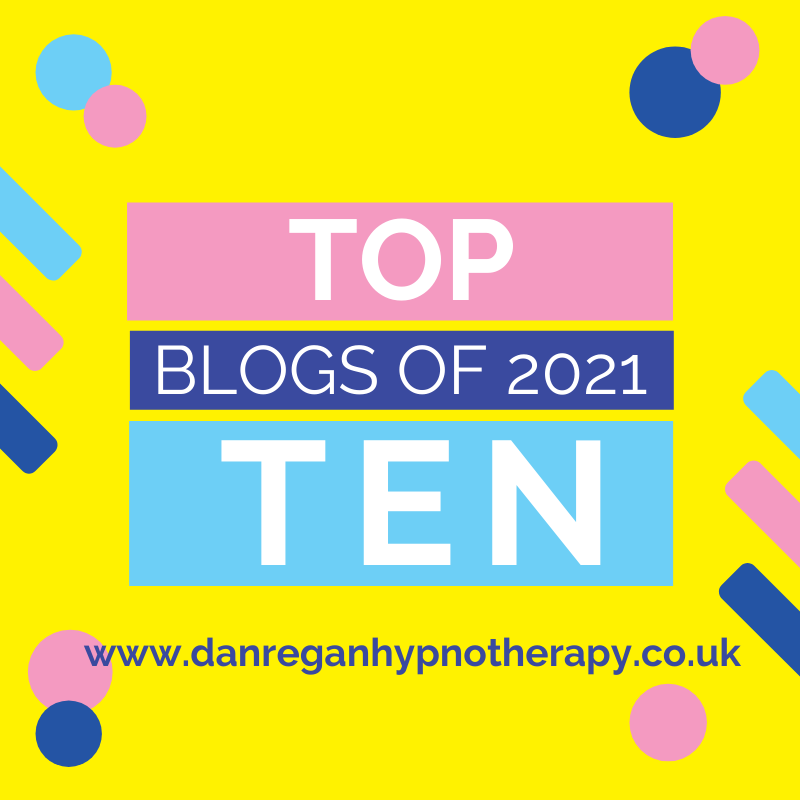
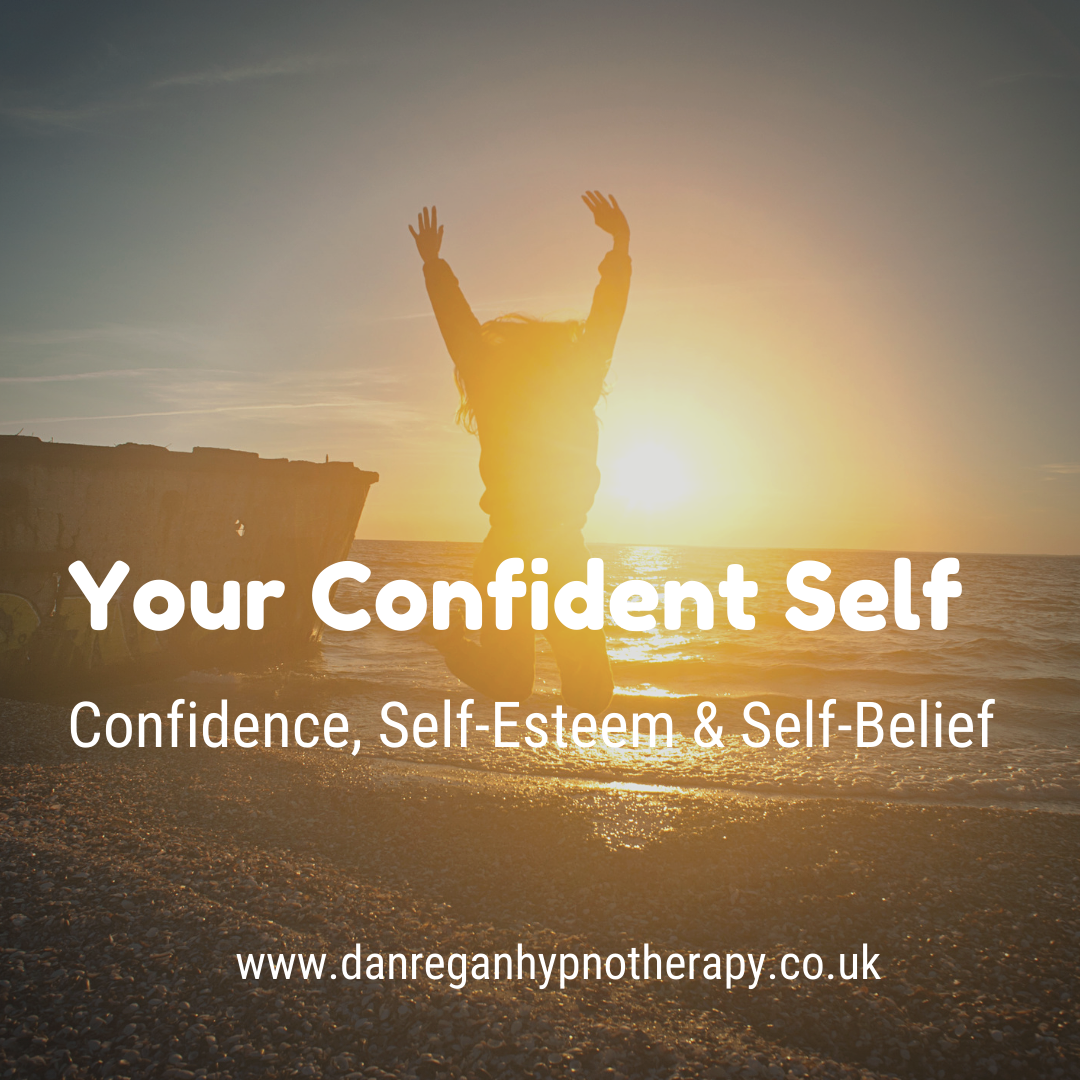
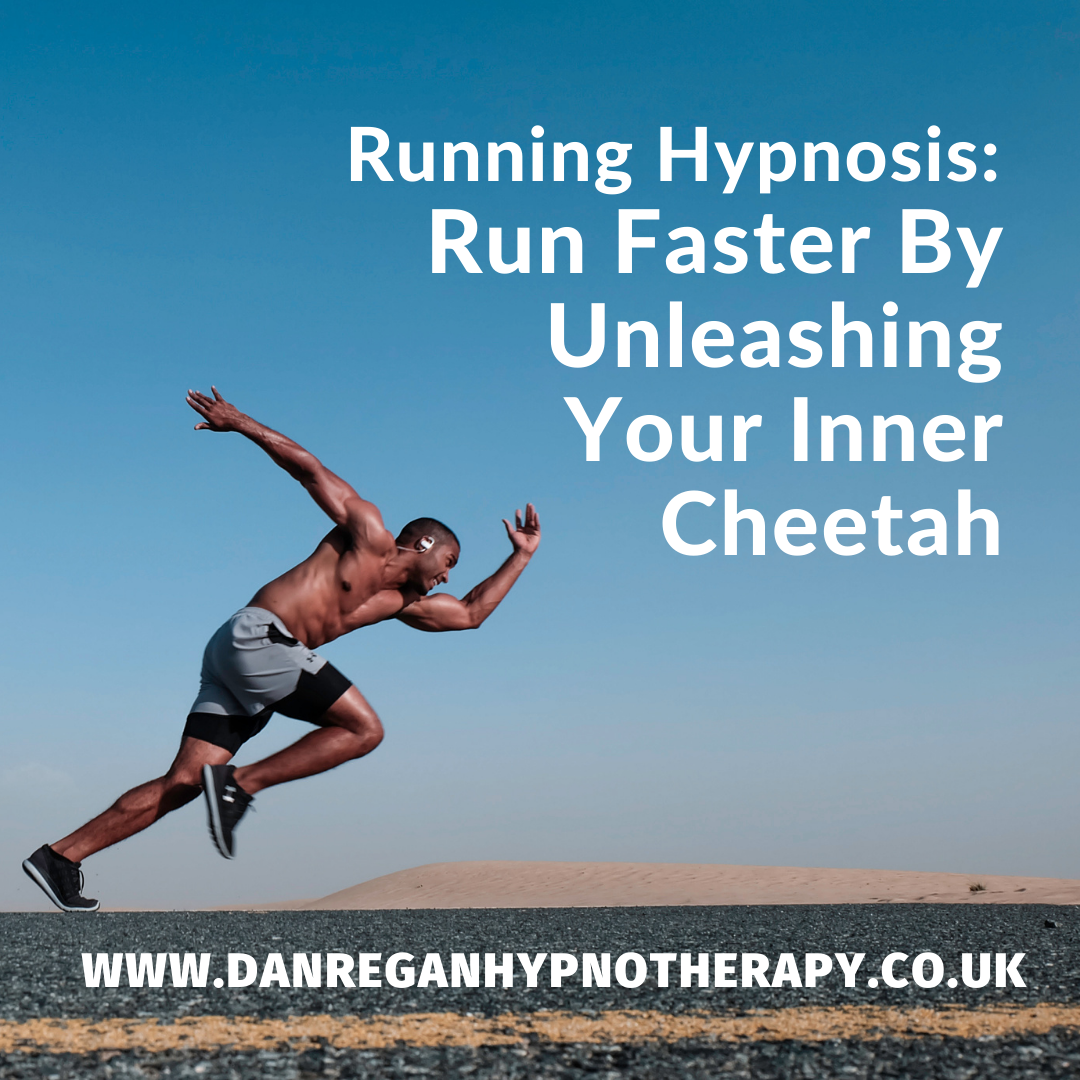
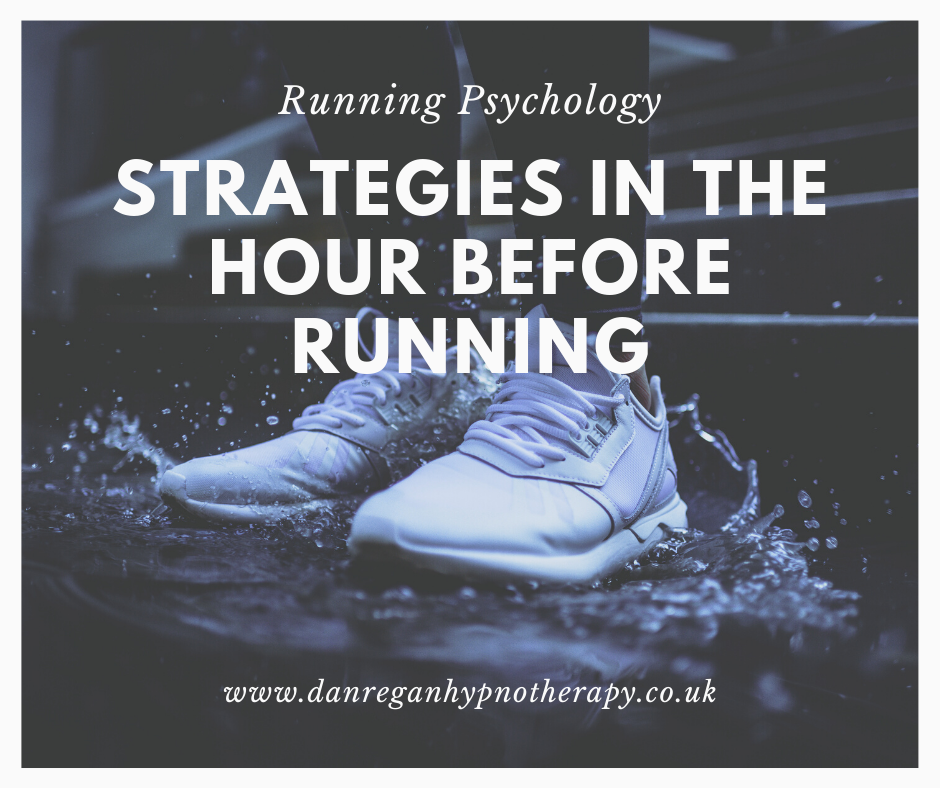
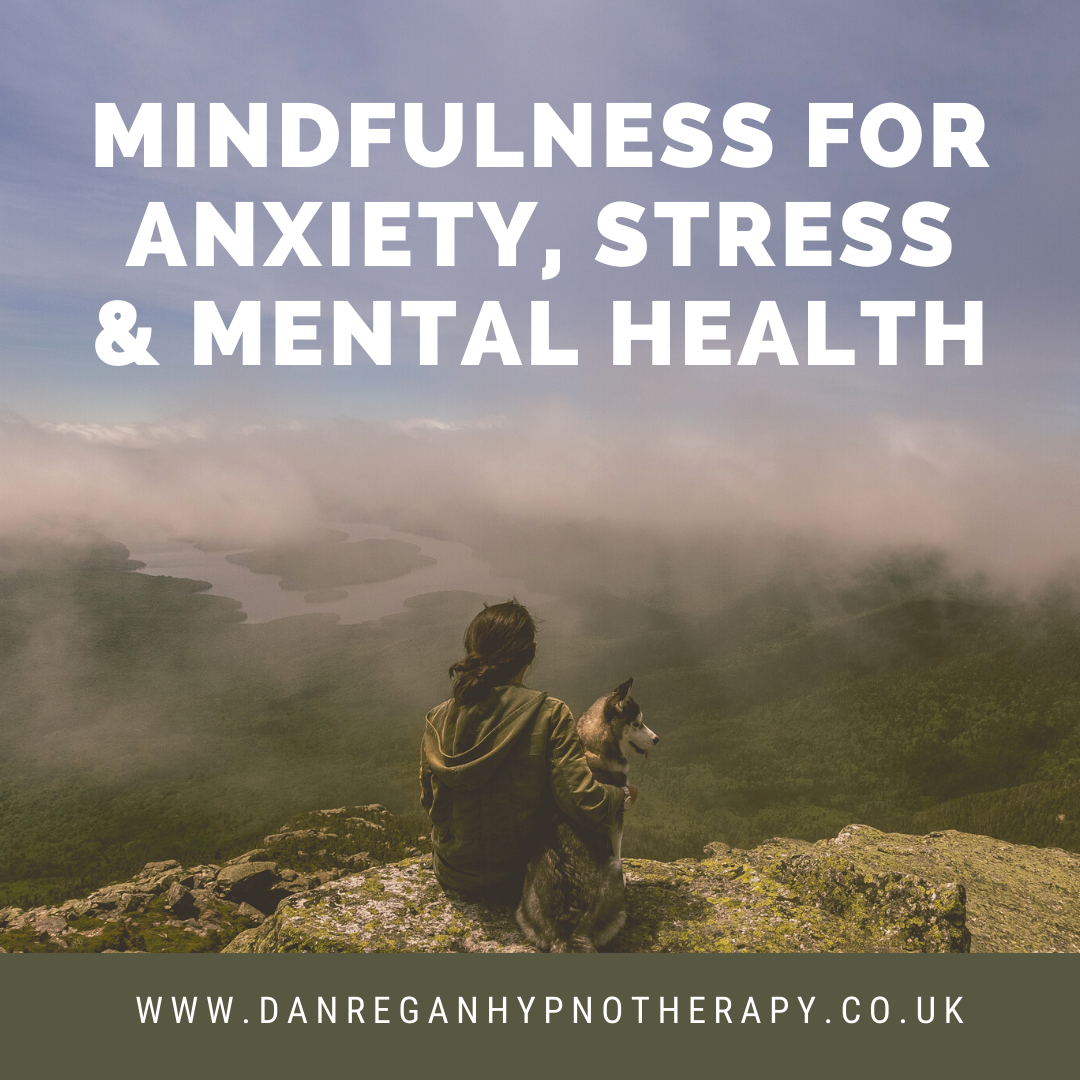
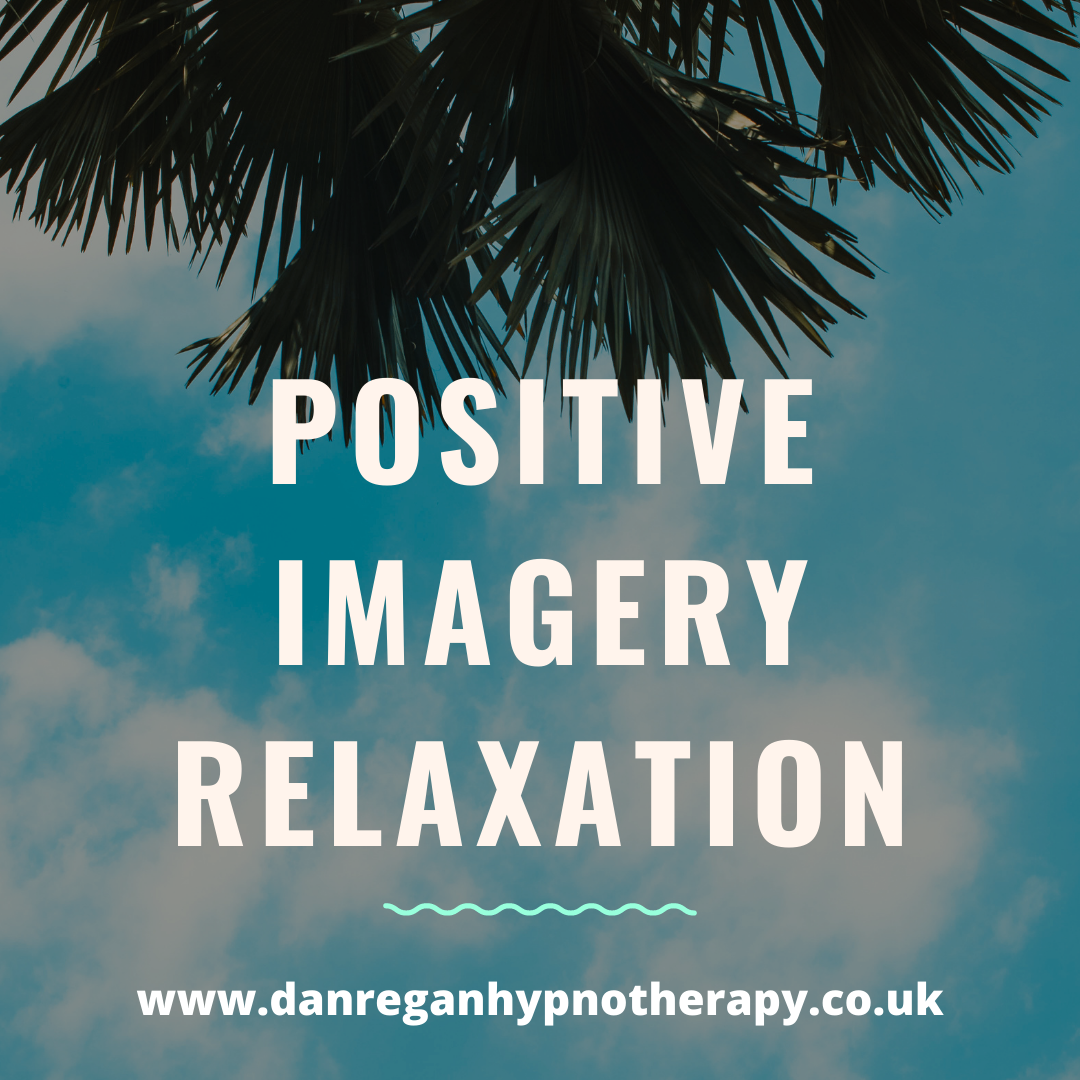
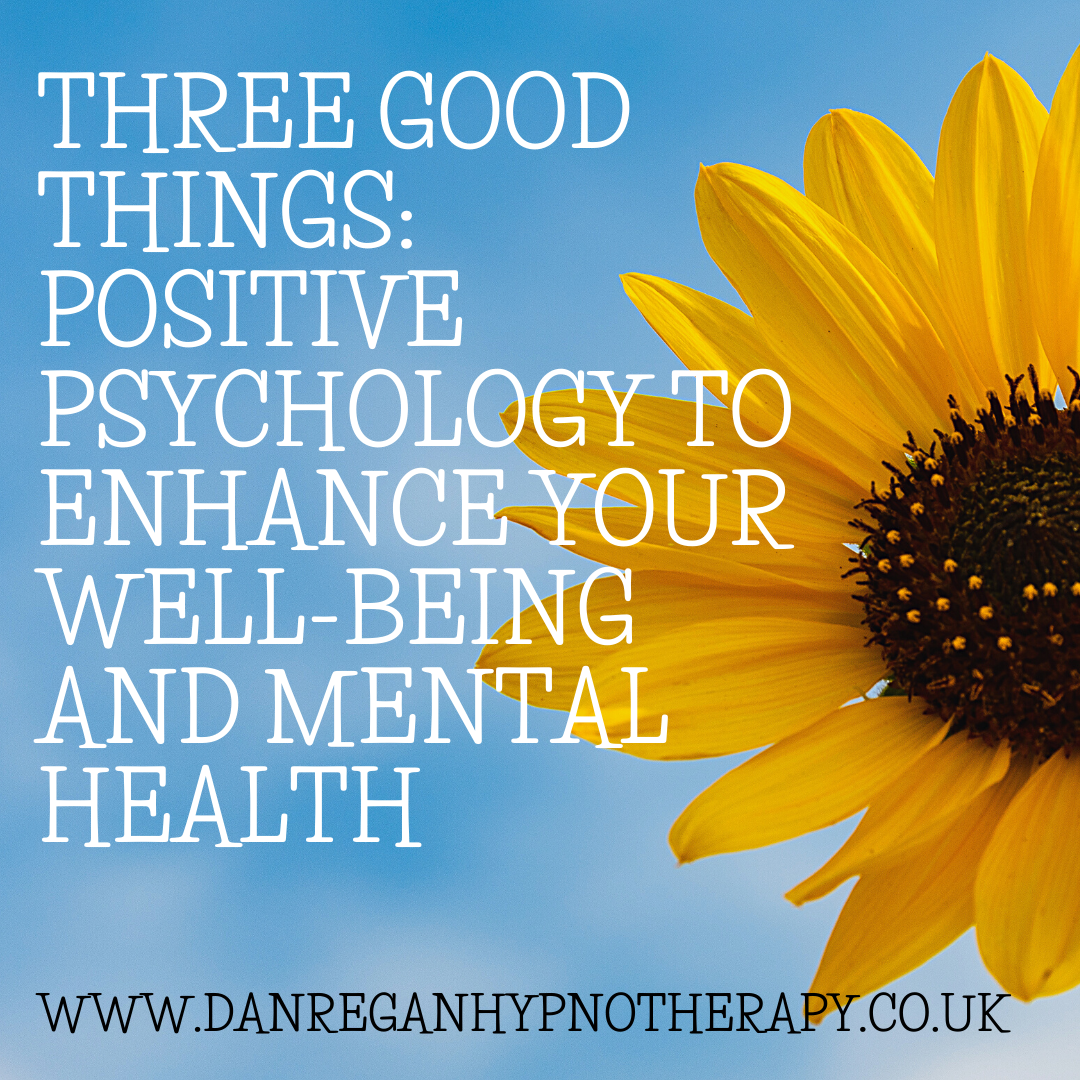
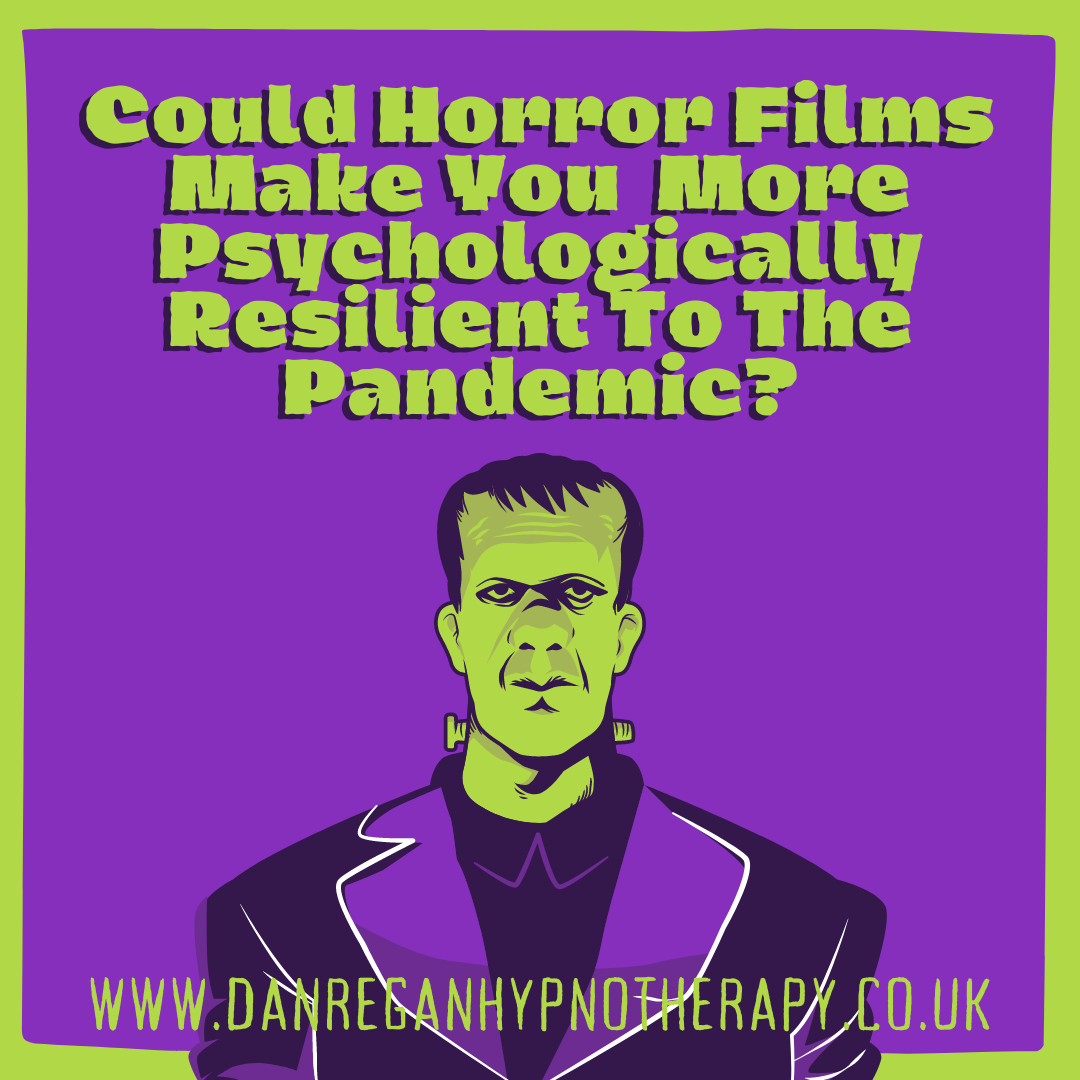
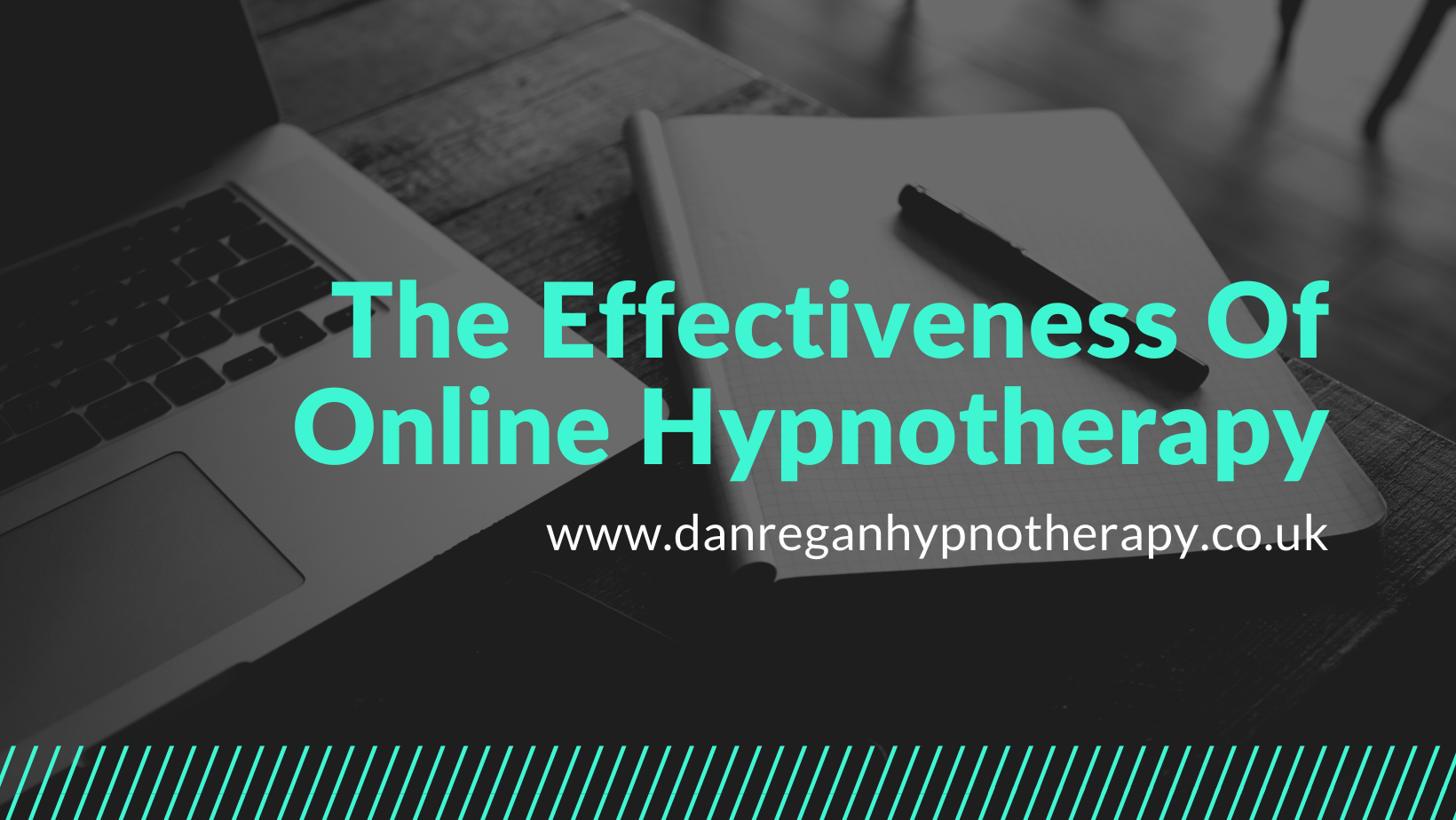
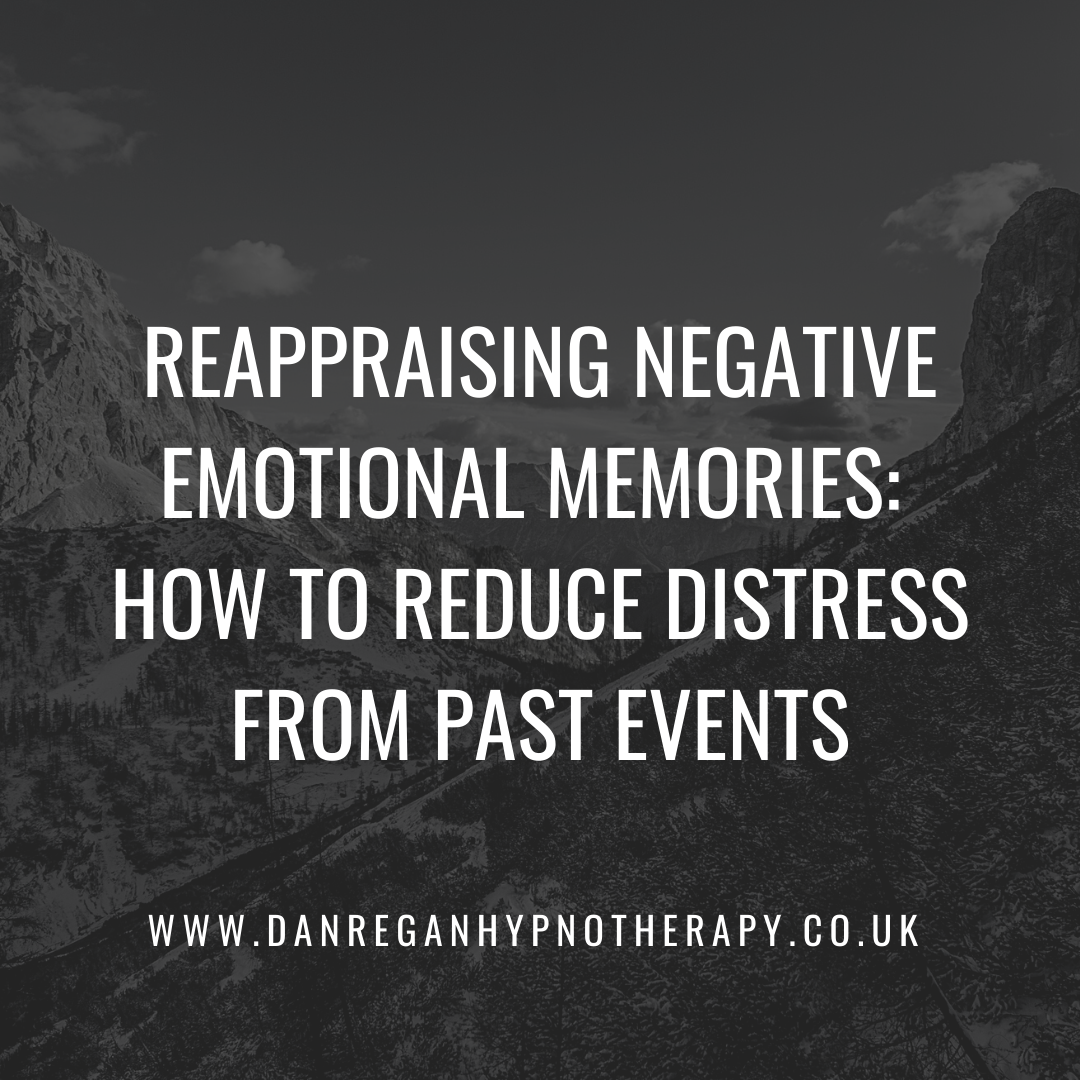
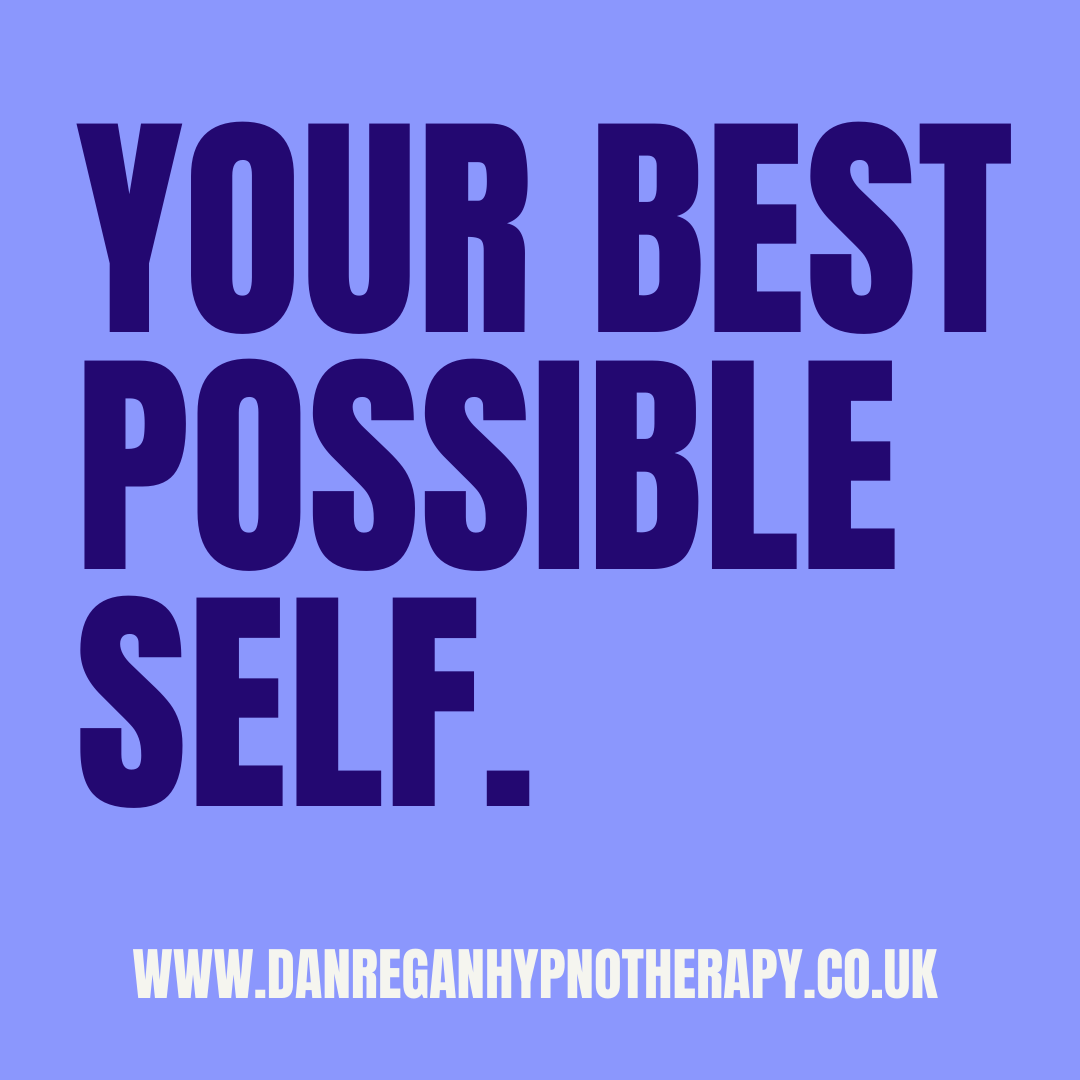
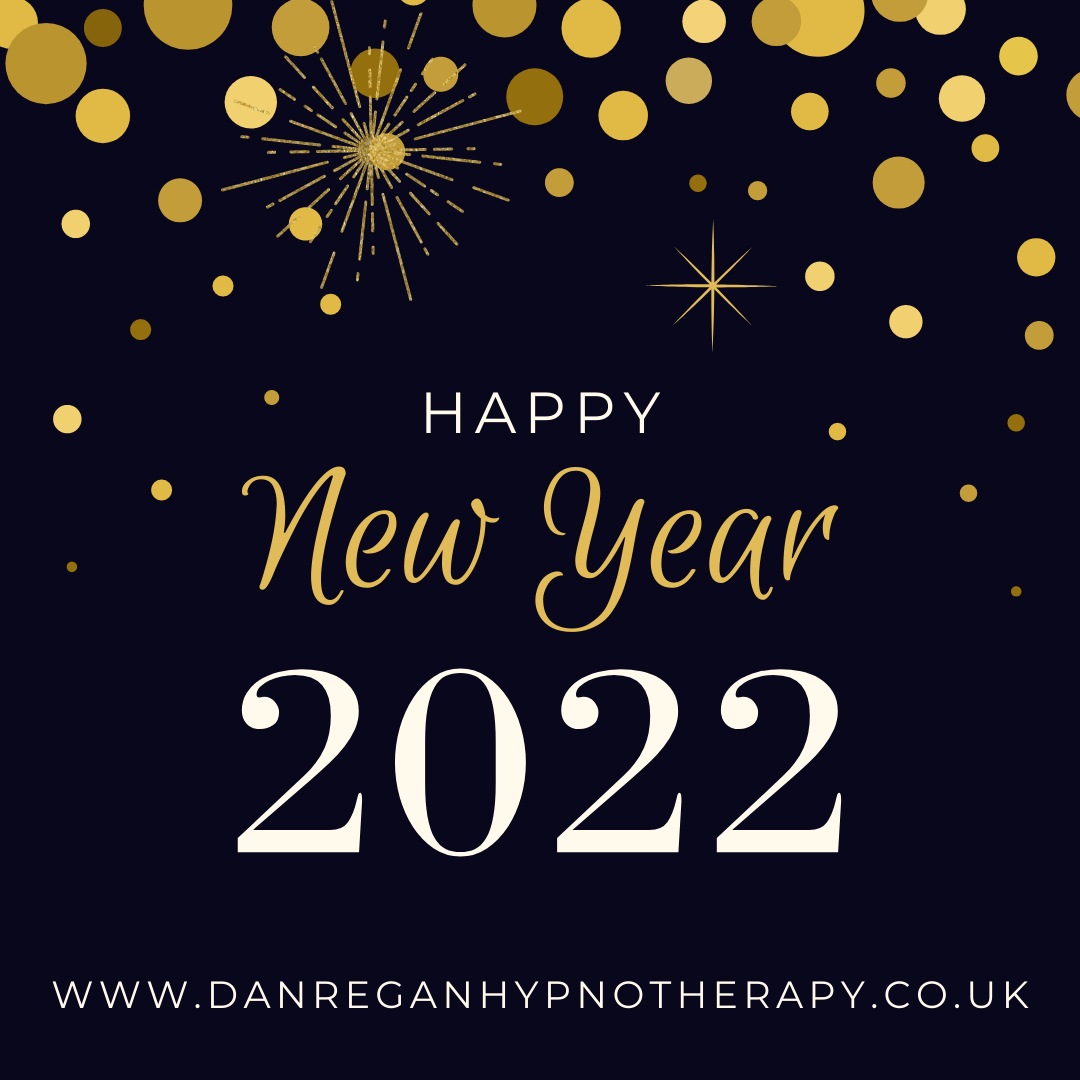


0 Comments